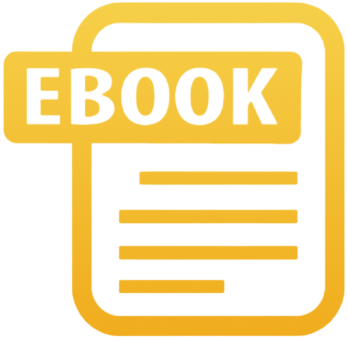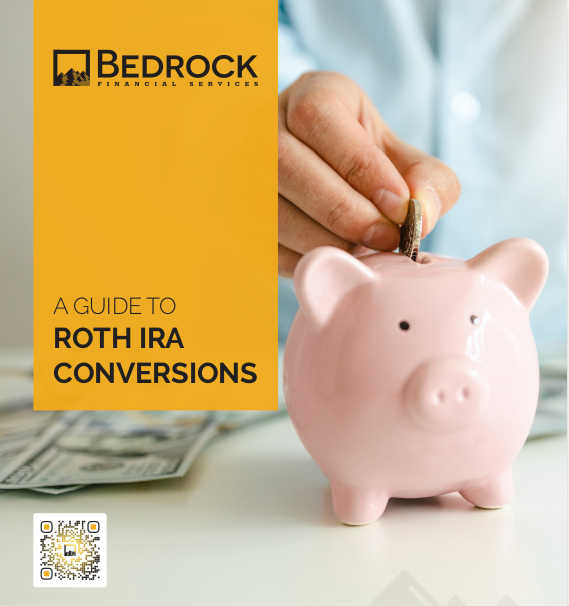Key Takeaways
-
When traditional pitches fall flat, context-driven, timing-sensitive marketing remains effective—especially when focused on personal relevance.
-
Relationship-centric strategies, like ongoing micro-engagements and trust-first messaging, resonate with skeptical, over-pitched clients in 2025.
Your Audience Isn’t Tuning Out—They’re Tuning Differently
You’re not alone if you feel like your go-to marketing moves aren’t landing like they used to. In 2025, clients are more exposed, more educated, and more skeptical. They’ve seen every version of “free consultation,” “limited-time offer,” and “financial freedom”.
But they haven’t seen you. Not if you pivot your marketing to show up where it matters, how it matters, and in a way that builds long-term attention over short-term gimmicks.
What Today’s Clients Actually Respond To
Understanding what still works today starts with understanding your audience’s expectations. Modern financial consumers don’t want more noise—they want more relevance. The strategies that still work are rooted in psychology, timing, and trust.
1. Timely Relevance Beats Generic Urgency
Forget blanket pitches. Instead, align your message with personal or seasonal events:
-
Life milestones like turning 65, planning for Medicare, or receiving an inheritance
-
Tax and enrollment seasons, such as Q4 planning or early-year investment strategy
-
Real-world triggers, like legislative changes that affect retirement or Social Security
When your message fits the moment, your audience stops scrolling.
2. Micro-Engagements Build Familiarity Before Trust
You don’t have to sell in every interaction. In fact, you shouldn’t. Clients build trust slowly. Use low-commitment micro-engagements such as:
-
Short, personal check-ins via email or text
-
Educational one-liners on LinkedIn
-
Monthly newsletters with two-minute reads
-
Client-only webinars with zero sales pitch
These quick touches create safe, consistent familiarity over time.
3. Authority Is Earned Through Clarity
In 2025, everyone with a camera and Canva account claims to be an expert. But clarity is still rare.
You stand out by explaining complex things simply. Instead of financial jargon, use plain language and practical relevance:
-
“Here’s what this means for your TSP account this year.”
-
“Why delaying Social Security just six more months could change your income stream.”
A message that teaches without preaching always wins.
Which Channels Still Deliver in 2025
Don’t confuse trending with working. A platform that’s busy doesn’t guarantee results. You need to meet clients where they actually make decisions.
1. Email Still Wins for Intent
Email hasn’t gone anywhere. It’s still the channel where:
-
People open messages with purpose
-
You control the timing and sequence
-
You can personalize by name, action, and stage
In 2025, segmenting your list by behavior is key. Separate retirees from pre-retirees, investors from savers, and active prospects from cold leads.
2. LinkedIn for Professional Credibility
LinkedIn remains a powerful tool to establish yourself as a knowledgeable, visible expert. You don’t need to go viral. You need to:
-
Post consistently (1–2 times per week)
-
Use stories, not stats
-
Engage with comments like real conversation
The more you show up with perspective, not pressure, the more you earn attention.
3. SMS and Phone Work When Personalized
Short messages still work when they are timely and specific:
-
“Hi, just a heads-up: 403(b) contribution limits changed this year.”
-
“Hope you’re well—any interest in reviewing last quarter’s market trends together?”
Automated templates don’t cut it anymore. Texts and calls only convert when clearly human.
What to Drop: Marketing Moves That Don’t Work Anymore
You can’t afford to waste time on outdated tactics. Even if they used to work, 2025 demands more.
1. Vague Social Posts
Inspirational quotes, generic investment advice, or blurry infographics don’t spark engagement. The algorithm won’t save you from irrelevance.
2. One-Size-Fits-All Funnels
Most templated sales funnels are too broad, too cold, or too obvious. Clients are trained to detect the funnel steps and tune them out. If they feel like just another click in a system, they’re gone.
3. Recycled Email Drips from 2018
That old three-email series about retirement readiness? Your audience has seen it. Update your sequences based on current law, benefit changes, or economic conditions.
In short: if it smells like it’s been sitting on a shelf for five years, it doesn’t belong in your 2025 strategy.
How to Rethink Your Value Proposition
When clients already know the basics, your real advantage is in the nuance. You don’t need a new product. You need to frame your expertise differently.
Highlight Interpretation, Not Just Information
The internet already gives clients access to most financial facts. What they need is your lens on how those facts apply to them:
-
“Yes, Roth conversions are popular. But here’s why it may hurt your tax bracket this year.”
-
“Everyone talks about safe withdrawal rates. But let’s talk about how yours interacts with your TSP and annuity.”
Show them that you interpret, not regurgitate.
Show the Emotional Payoff
Logic closes sales. But emotion opens the door.
In your messaging, make room for emotional relief:
-
Peace of mind
-
Feeling prepared
-
Being heard and understood
You’re not selling a retirement plan. You’re selling the confidence to enjoy retirement.
Build Scarcity Through Personal Attention
You don’t need false urgency like “only three spots left.” In 2025, it’s more credible to say:
-
“I keep my client load small, so I can stay hands-on.”
-
“If we’re a good fit, I’ll walk you through every question until you feel ready.”
That’s the kind of exclusivity that builds value.
When and How to Automate Without Losing the Human Touch
Automation isn’t the enemy. But misused automation feels cold and lazy. Use it to support—not replace—the personal experience.
Automate for Logistics, Not Emotion
Use automation to:
-
Schedule appointments
-
Send birthday reminders
-
Confirm meeting details
But don’t automate emotional moments like client anniversaries, financial wins, or concerns. These need your real voice.
Create Human Checkpoints Inside Workflows
Even in your automated sequences, build in human touchpoints:
-
“Reply if you want me to walk you through this personally.”
-
“Let me know if you prefer a call instead of reading all this.”
Invite dialogue, not just clicks.
Review Automations Quarterly
Set a quarterly review schedule to update any:
-
Outdated plan references
-
Irrelevant sequences
-
Missed engagement opportunities
In 2025, relevance has a short shelf life. Stay current.
How to Track If Your Strategy Still Works
No matter how good a message sounds to you, the real test is what your audience does with it.
Measure Connection, Not Just Clicks
Pay attention to these indicators of resonance:
-
Are people replying?
-
Do they mention your content in meetings?
-
Are you being referred by name?
A warm lead is worth more than a cold click.
Audit Your Funnel Once Every Six Months
Map your buyer journey and test each stage:
-
Is your landing page answering today’s concerns?
-
Does your email tone feel like 2025, not 2019?
-
Are your CTAs adapted for your niche?
Even a solid funnel needs a refresh twice a year.
Track Retention and Referral Rates
The ultimate proof your marketing works is client longevity and referrals. If those drop, your strategy might be too shallow or too forgettable.
Earning Attention in a Market That’s Seen It All
Your clients aren’t tired of being marketed to. They’re tired of being misunderstood, generalized, and processed like data points.
In 2025, the strategies that still work are the ones that feel personal, clear, and relevant. If you’re willing to update your approach and retire the tired tactics, you’ll find that attention is still available—but only to professionals who treat it with respect.
If you’re ready to reach better leads, automate smartly, and communicate like a pro, sign up on Bedrock Financial Services. We support professionals like you with done-for-you tools, lead funnels, and CRM support built to win client trust and keep it.







